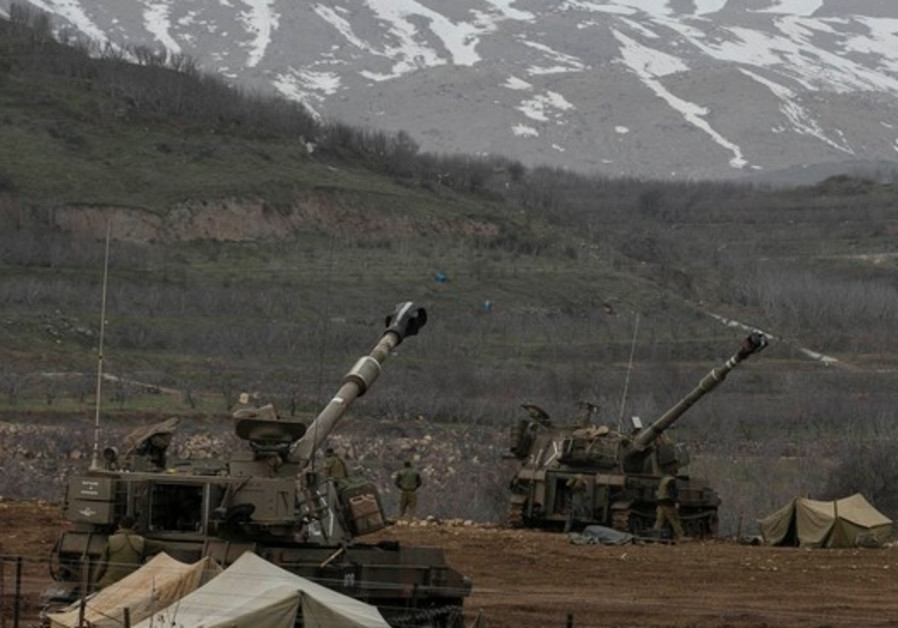> Netanyahu: Israel will act in Syria ‘in accordance with our security needs’
> Russia: Moscow never promised withdrawal of Iranian troops from Syria
While Jerusalem’s voice is heard, its positions are often not fully taken into account.
deal to modify aspects of it in order to address Tehran’s ongoing ballistic missile program—which contravenes United Nations Security Council resolutions but not the nuclear agreement itself—as well as the so-called “sunset” clauses that will allow the Islamic Republic to freely advance its atomic activities once the accord expires.
As it turns out, the Trump administration appears more amenable to Netanyahu’s positions, but this is likely attributable to the US president’s own beliefs rather than the result of pressure applied by Jerusalem. A sympathetic Oval Office does not guarantee any shift at the State Department or greater resolve in Congress.
This tension is clearly evident in the context of the Israeli-Palestinian conflict; specifically, with regard to the construction of Jewish homes across the 1967 borders’ further complicated by the fact that Netanyahu was once an ardent opponent of Palestinian statehood, prior to his now-infamous speech at Israel’s Bar Ilan University in 2009, where he endorsed the concept for the first time. The move not coincidentally coincided with the election of then-US President Barack Obama, who revived the moribund peace process into a central tenet of his foreign policy.
In this regard, Shek maintains that “Israel has independence and maneuverability and boxes above its [weight] class in the global arena. Israeli diplomacy is extremely present on the international scene specifically on regional issues. But there is a virtual worldwide consensus that opposes some of Israel’s positions, especially concerning the territories in the West Bank.”
By contrast, Ayalon stressed to The Media Line that with respect to the Palestinians, Israel has often acted in accordance with its interests, given that that the international community has never had the country’s back. “David Ben Gurion said it best,” he concluded, “it is not important what others say but what Israel does. And had [the Jewish state] succumbed to foreign pressure over the years it would not be here today.”
At the United Nations General Assembly in September, Netanyahu described Israel as an emerging super power, and while Jerusalem has certainly matured into a regional player, it appears that the Israeli premier’s statements were somewhat exaggerated.
“Israel is not powerful enough to do everything on its own and even if it was this is not a wise position to take,” Shek affirmed. “An ongoing and healthy fruitful relationship with a number of allies is a prerequisite for maintaining Jerusalem’s position in the present and future. At the end of the day, there will be things that the country will have to do on its own, but that is not a desirable position.”
When asked whether it harms Israel that Netanyahu has for more than two years acted a de facto foreign minister, Shek retorted, “I believe it harms the country more that we have no foreign policy.”
That said, it is one thing for Israel to have the ear of world capitals and have potentially ambiguous or non-conventional policies rejected; it is quite another issue to nevertheless be able to take matters into one’s hands when necessary. Walking this tightrope is Israel’s lot, especially when Syria may be the next theater in which the interplay of this dynamic will be staged and where having the ear of our very few allies may prove definitive.
For more stories from The Media Line, go to www.themedialine.org
[Disclaimer]









